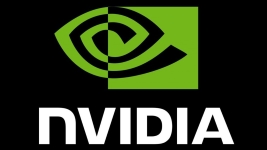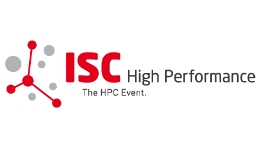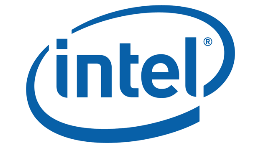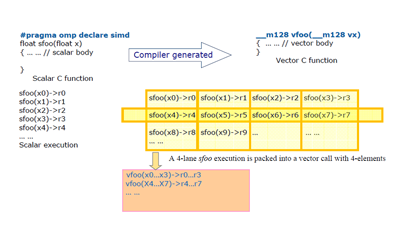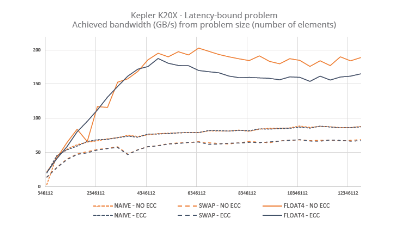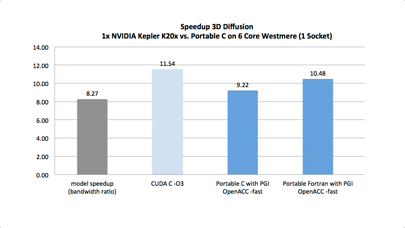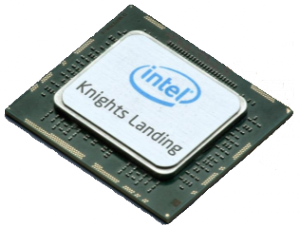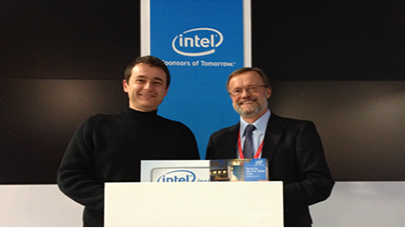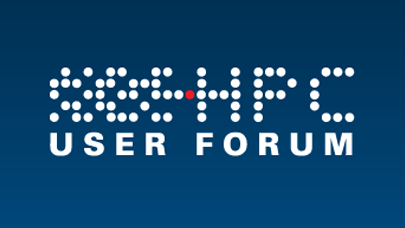LEXISTEMS presents itself as a leading innovator in “meaning-based data processing”. Sounds interesting enough but what does that mean exactly? What is the disruption and where are the benefits for businesses and individual users? Hype check…
HPC Today: Why did you found LEXISTEMS? What problem are you solving?
Marie Granier: In a nutshell, LEXISTEMS develops and markets solutions for querying, connecting and processing data by meaning. The reason we founded it is twofold. First, we believe that intelligent interaction between man and data is the next evolution of our digital civilization. Then, after 10 years of preparatory R&D, we were positive that we could make this happen now, and give organizations, individuals and the community way better results in this area than the most famous search engines or digital assistants for instance.
The reality is that today’s solutions for data interaction are inherently limited by keywords or basic intents/entities evaluation. Try Google, Siri or the many AI-based bot APIs. Ask them conceptual or moderately complex questions where there’s no (or misleading) keywords. They’re completely lost. They can’t answer, and if they do they’re wrong most of time. In other words, they don’t return actionable results, let alone compounded added-value information or insights that could be obtained from connecting heterogeneous data intelligently. That’s because keywords are not the solution. Meaning is. I know the question is silly in itself but it is interesting from a data science standpoint: ask Google “Who’s the president of the Eiffel Tower’s country?”… Now you see the problem.
OK. I just tried it and I do see the problem. So how does LEXISTEMS solve it?
If you allow me, before answering your question, I’d like to mention a few other aggravating factors. One is that because of the current training techniques, business-oriented AI solutions are constrained by design to a specific business domain. Out of this domain, their performance plummets. And with deeper general-purpose APIs, the distance to operational deployment on real business use cases is very long.
Another is that when NLU (editor’s note: Natural Language Understanding) is involved, most if not all AI-based data technologies use the same core open source components originating from the US. Don’t get me wrong: these components are very powerful, they’ve been developed by remarkably talented people and LEXISTEMS also does use them too. But they have a strong English language bias. Consequently, results on languages other than English are often disappointing.
Last, when it comes to implementing production solutions in organizations, the problem is that although imperfect, the best-in-class technologies belong to major global players. As such, they are not applicable to business or otherwise private data. They can’t be bought for private use. And even if they were, because these major players are all American and because of the Patriot Act, among other things, most organizations wouldn’t go that way.
Points well noted. Back to my initial question, how does LEXISTEMS solve the problem? How do you “deliver”, as you say, intelligent interaction between man and data?
Well it’s probably time to be humble. The problems I just mentioned are complex. They have challenged quite a number of very bright minds, so I don’t want to say that LEXISTEMS solved them all, but we have demos on public data and POCs on some of our customers private business knowledge (structured or not) to prove that we get results actionable enough to be put to production.
More specifically, the technologies we have developed include a mix of proprietary state-of-the-art AI, NLP and lexical approaches. It’s the broad diversity of profiles in the team that made it possible. We’ve never been opinionated as to what’s going to work effectively, meet customer needs and scale qualitatively and quantitatively.
You see, meaning is a game changer in our digital world. It’s complicated, it takes a lot of abstraction, pretty much like the way we humans operate, but when processing is really meaning-based, you can query and connect knowledge in a way never achieved before, regardless of data type, format, structure or even language. You can extract added-value information, you get expert insights on a 24/7 basis. To sum it up, you get operational answers on complex/conceptual questions. And these are the questions we humans really have.
The good thing is that demonstrating the power of our solutions is easy. Take any app or service side by side with LEXISTEMS’ demo or POC equivalent, give them the same tasks to accomplish or ask them the same questions and compare the results. You just need a few minutes to evaluate us, by yourself, against Google, Siri, api.ai and the other usual suspects.
More around this topic...
© HPC Today 2024 - All rights reserved.
Thank you for reading HPC Today.


